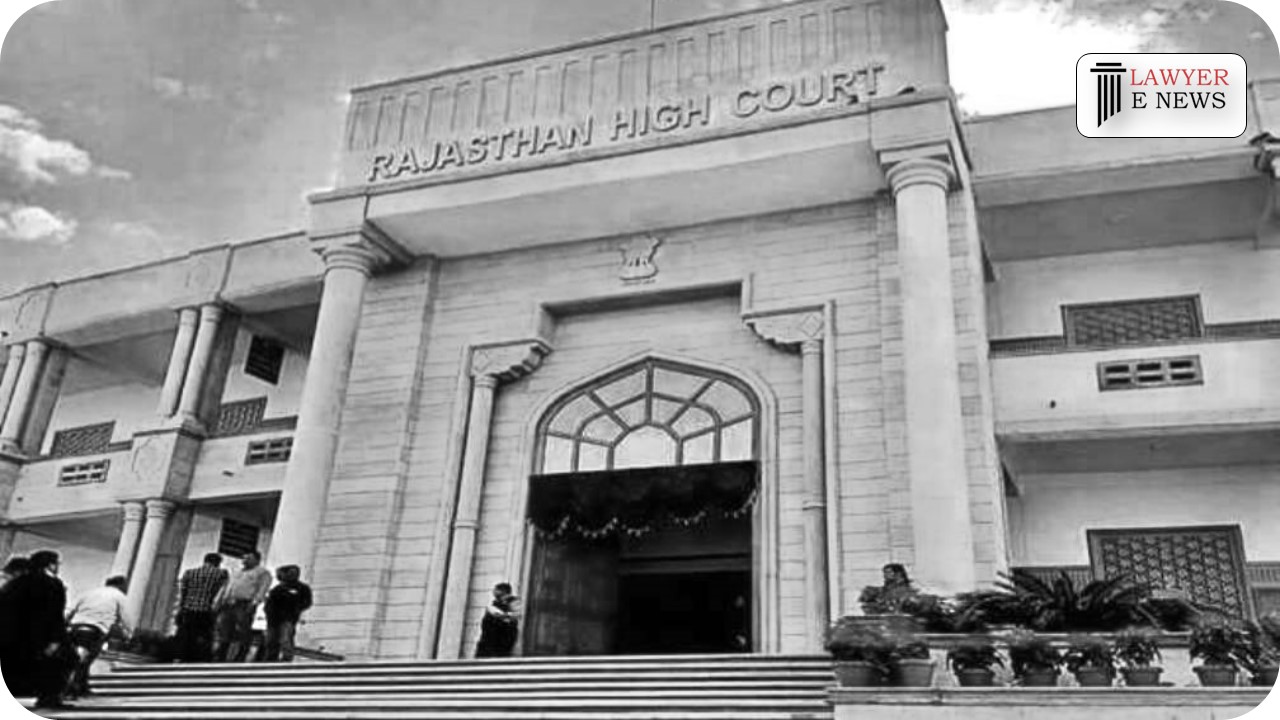-
by Admin
16 February 2026 5:45 AM



In a landmark decision, the Rajasthan High Court, under the able guidance of Justice Praveer Bhatnagar, has made a significant ruling in the case of Kartar Singh vs. The State of Rajasthan, modifying the sentence of the accused while upholding the conviction under the Prevention of Food Adulteration Act, 1954.
The case, which originated from an incident dating back to 1995, involved the petitioner Kartar Singh, accused of selling adulterated milk. Convicted by both the trial court and the appellate court, Singh's revision petition was carefully reviewed by the High Court in light of the provisions under the Food Safety and Standards Act, 2006.
Justice Bhatnagar, in his profound observation, stated, "In light of the law laid down, this Court has to see whether there is patent illegality or error of jurisdiction and findings recorded by the courts below are perverse and against the evidence." The Court found no such perversity or illegality in the decisions of the lower courts.
A significant point of discussion was the modification of Singh’s sentence. Justice Bhatnagar referenced the principle articulated in T. Barai Vs. Henry Ah Hoe and other cases, asserting, "There is no prohibition, for this Court to impose a lesser punishment which is now applicable for the same crime." Accordingly, while the conviction under section 7/16 of the Prevention of Food Adulteration Act was upheld, the sentence was altered from imprisonment to a fine of Rs. 50,000 in accordance with the updated Act of 2006.
The judgment notably addressed the procedural and evidential aspects raised by the petitioner, including the alleged non-consideration of the petitioner’s statement and the authenticity of the documents presented. The Court meticulously analyzed these factors before arriving at its decision, demonstrating a commitment to ensuring justice and procedural fairness.
This ruling not only reinforces the judicial system's stance on food safety but also highlights the dynamic nature of legal interpretation and the application of beneficial amendments in criminal jurisprudence. The decision is seen as a balancing act between upholding the law and adapting to legal advancements, setting a precedent for similar cases in the future.
Date of Decided on : 21-03-2024
KARTAR SINGH Vs. THE STATE OF RAJASTHAN THROUGH PUBLIC PROSECUTOR
